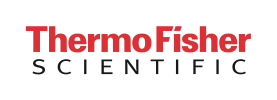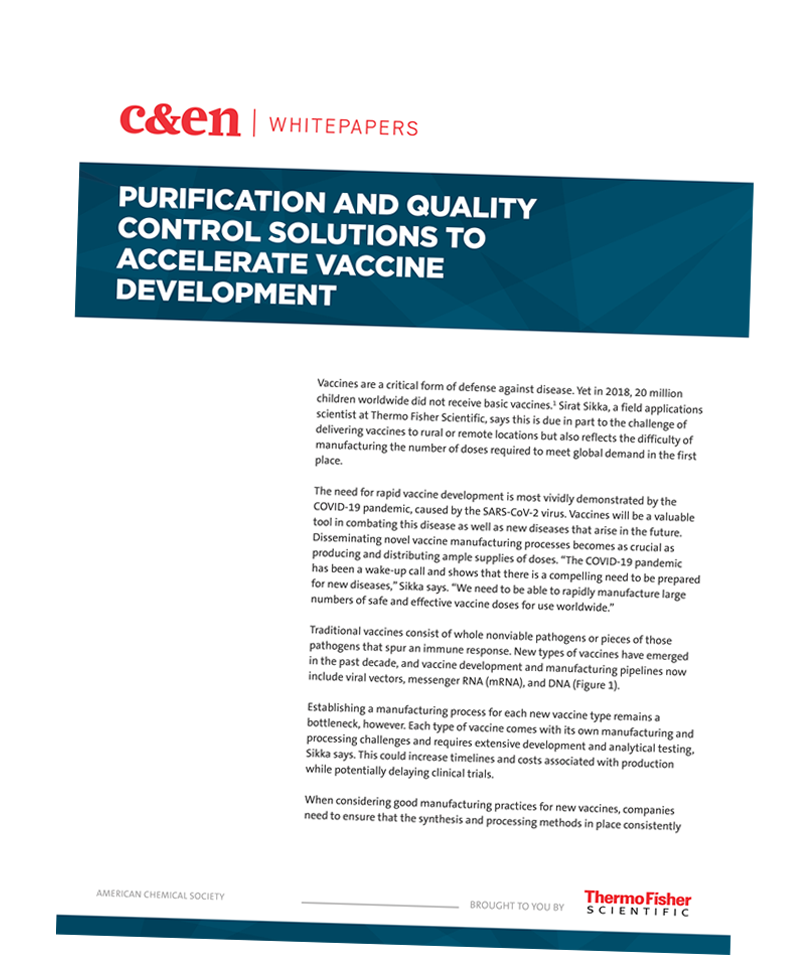
Purification and quality control solutions to accelerate vaccine development
Brought to you by Thermo Fisher Scientific
Overview
Vaccines are critical for disease protection. Rapid vaccine development will be important to respond to new and emerging diseases, as demonstrated by the COVID-19 pandemic caused by SARS-CoV-2. In the past decade, new vaccine types have been developed and can be adapted for use against numerous diseases. However, each type comes with its own manufacturing challenges. Developing versatile purification and quality control methods can help overcome these challenges and meet global demand for vaccines of all types.
Affinity and non-affinity chromatography resins are critical to achieving the high purity and yield needed to produce effective and ample vaccines. Affinity resins developed based on the variable antigen-binding region (VHH) of camelid heavy-chain only antibodies can improve selectivity in vaccine purification protocols. Having a varied suite of non-affinity resins can further improve purity and yield. Furthermore, the development of rapid and accurate quality control assessments can ensure vaccine components are sufficiently pure throughout the manufacturing process, thus improving process design. This whitepaper from Thermo Fisher Scientific highlights how the combination of versatile chromatography resins and quality control assessments can accelerate vaccine manufacturing processes.
Key Objectives:
- Why affinity and non-affinity chromatography are important for vaccine purification and production
- How choice of chromatography resin can influence the manufacturing process
- Why quality control measures are critical for ensuring vaccine safety and efficacy
- How rapid and accurate quality control assessments can help accelerate vaccine development and production
Brought to you by:


Please complete the form to download the white paper.
*I can withdraw my consent and unsubscribe at any time by e-mailing reply@thermofisher.com . I acknowledge Thermo Fisher Scientific will process my Personal Information according to its Privacy Policy , which includes information about my rights. https://resource.thermofisher.com/page/DB_17_0119/?cid=fl-legalentities
*By submitting this form, you agree to receive more information on related products and services from the American Chemical Society (ACS Publications) via email, in accordance with the ACS Privacy Policy .
Copyright © 2026 American Chemical Society | 1155 Sixteenth Street NW | Washington, DC 20036 | View our Privacy Policy